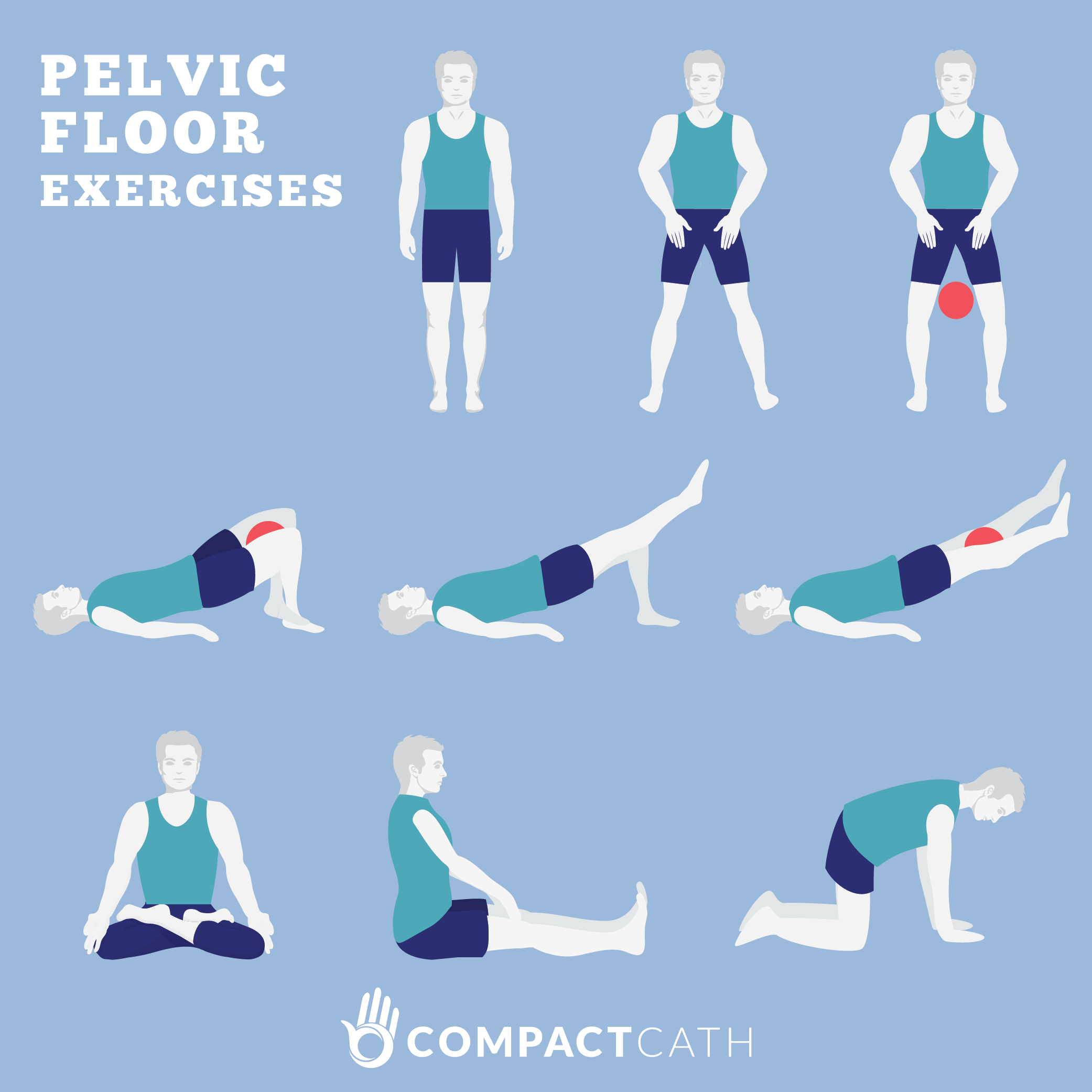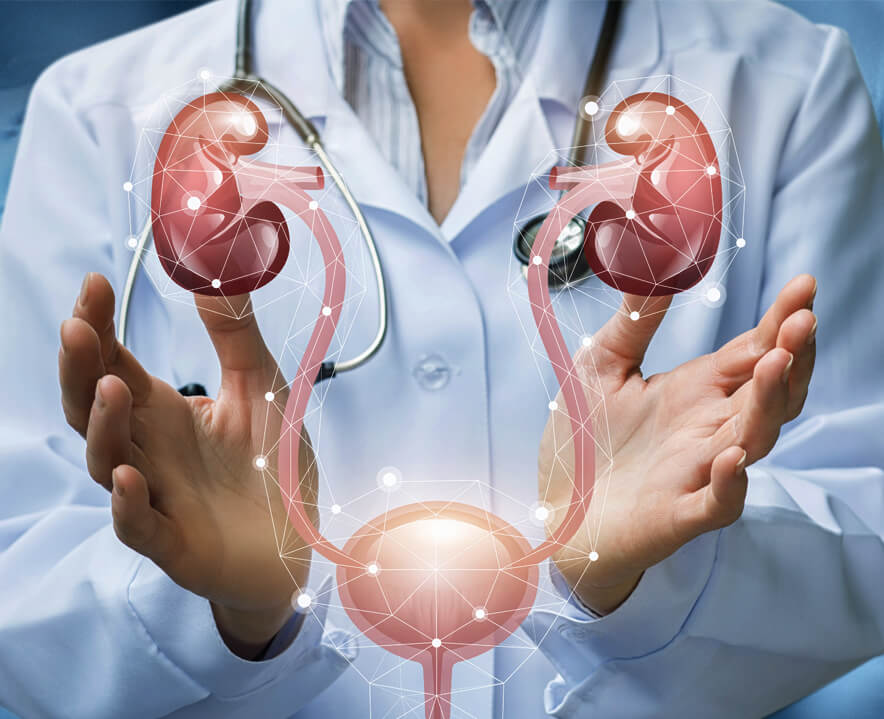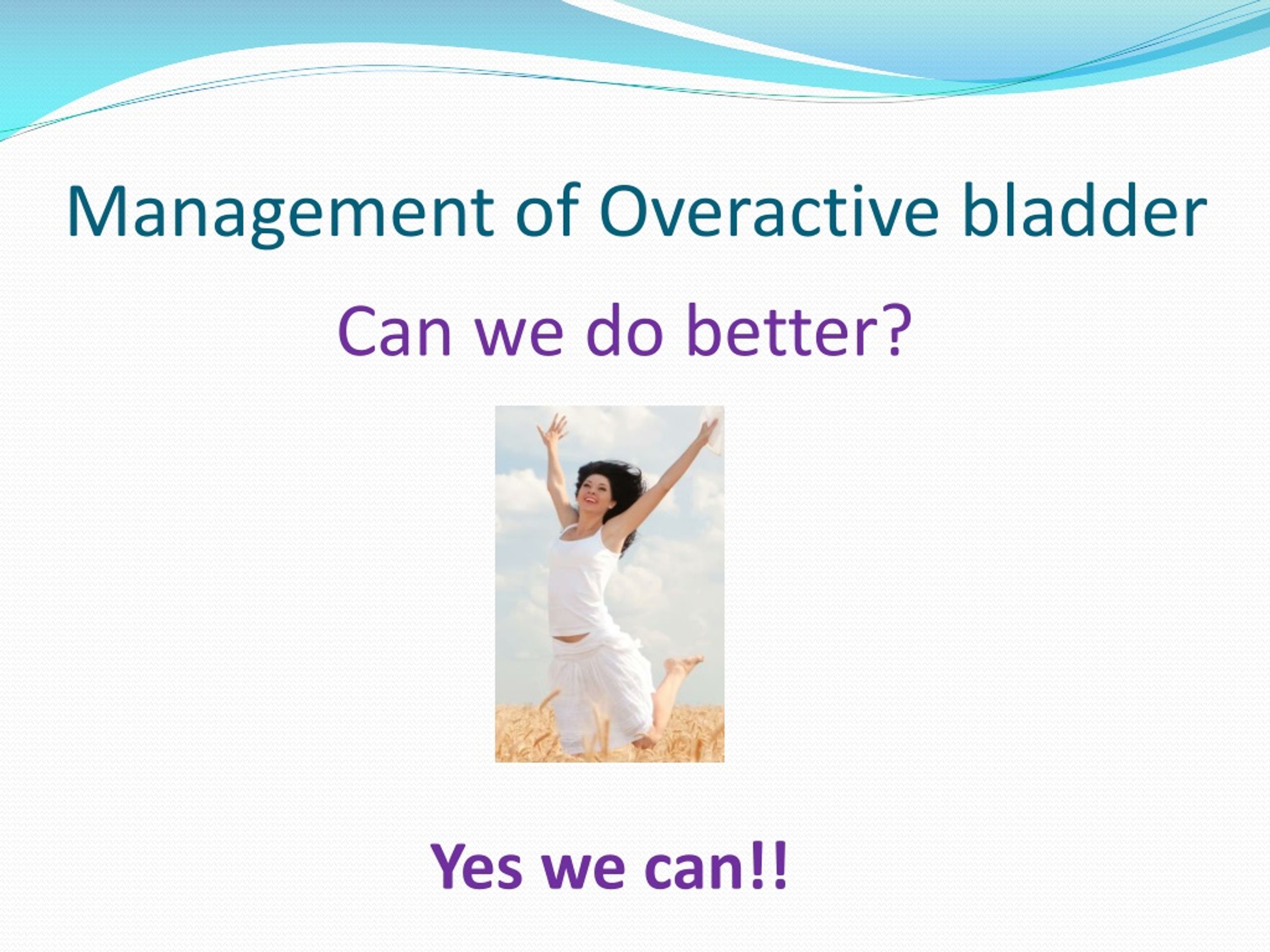
September 3, 2024
What To Anticipate After Anticipating: Tension Urinary System Incontinence
What To Anticipate After Expecting: Stress And Anxiety Urinary Incontinence Some females can experience aggravating feelings of insufficient emptying of feces or an experience of feces being stuck. Improving stool https://CoolSculpting-sessions.b-cdn.net/CoolSculpting-sessions/womens-health/remedies-for-a-leaking291965.html uniformity, or making it softer, can assist. By May 2020, she still hadn't had the ability to see an NHS physio therapist-- and felt as if she was being discouraged from looking for the opinion of an intestines specialist. " I was told that a referral would be made but whenever I called, they couldn't discover the reference in the system. Unexpected bowel leakage is the leaking of stool or gas that you can not regulate. When Bubnic initial found the intensity of her injury, she really did not recognize anybody else who had dealt with a similar circumstance. " I need a lot of support around taking care of the injury and navigating this labyrinthine health system. Even when you wish to speak to NHS staff, who are attempting to help you, raising the sex aspect, everyone looks a bit unpleasant and does not truly recognize what to state. You can do the workouts while lying down, sitting, or standing.Postpartum Depression
If you're not nursing, your periods might return to in between 6 and eight weeks after your baby's birth. You're continuings to recover, and at the exact same time you're adjusting to motherhood and all the additional work it requires. The dynamic in between you and your companion might be changing as you obtain utilized to looking after your newborn together, and you may be experiencing a few of the low and high of parent. All of this can take a toll on your feelings, and create stress and anxiety and anxiousness. Some moms, nevertheless, experience a lot more severe feelings of unhappiness and despair.- If your labour or birth was assisted, you will stay longer at health center.
- We provide numerous therapy alternatives that can boost the mother's quality of life.
- Females ought to load at the very least three to five of these as in some cases one has to remain in the medical facility for longer than anticipated.
- If you are wondering what takes place right away after giving birth, a lady might experience heavy bleeding after the child is birthed.
Nursing, Allied Health, And Interprofessional Team Interventions
Urinary system urinary incontinence and pelvic organ prolapse are one of the most considerable adverse results of childbirth. Vaginal shipment is connected to a high price of postpartum urinary system problems, in addition to urinary incontinence of feces and windiness. Being expecting and delivering can likewise deteriorate the pelvic flooring-- the supportive hammock constructed from muscular tissues and cells that keeps the pelvic organs (the womb, bladder and digestive tract) in place. One author defined the experience as a sensation of constantly resting on an egg. These coincide muscle mass you contract when you attempt to quit the circulation of urine midstream or if you were to tighten your vaginal canal around a tampon. The National Institutes of Wellness advises any individual experiencing urinary system incontinence should undergo an examination to establish the right treatment option. Consider it as an act of self-care (or an opportunity to stop the third washroom run of the morning). Inform your medical care specialist if you have extreme pain, lasting discomfort or if the pain becomes worse. As time takes place and the regular adjustments of aging and weakening of the tissues occurs, urinary incontinence might result. Today, just advanced and pricey tests like MRI or nerve conduction studies can inform if these muscles and nerves have actually returned to regular. Regrettably, there is no practical, easy method at this moment for you or your medical professional to recognize if these muscles are compromised and destined to bring about urinary incontinence. You can condemn this typical postpartum sign on the pregnancy- and delivery-weakened muscles around the bladder and hips, which might have a harder time managing your circulation after giving birth. You might experience this loss of bladder control while laughing, sneezing, coughing or performing a difficult task, and it's extremely common after giving birth. In fact, it's estimated that regarding fifty percent of grown-up women might experience postpartum urinary system incontinence.Exactly how do you treat a woman who can't hold her urine?


Social Links